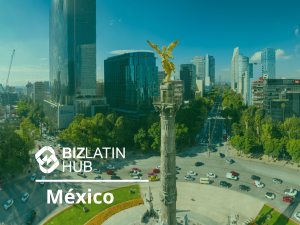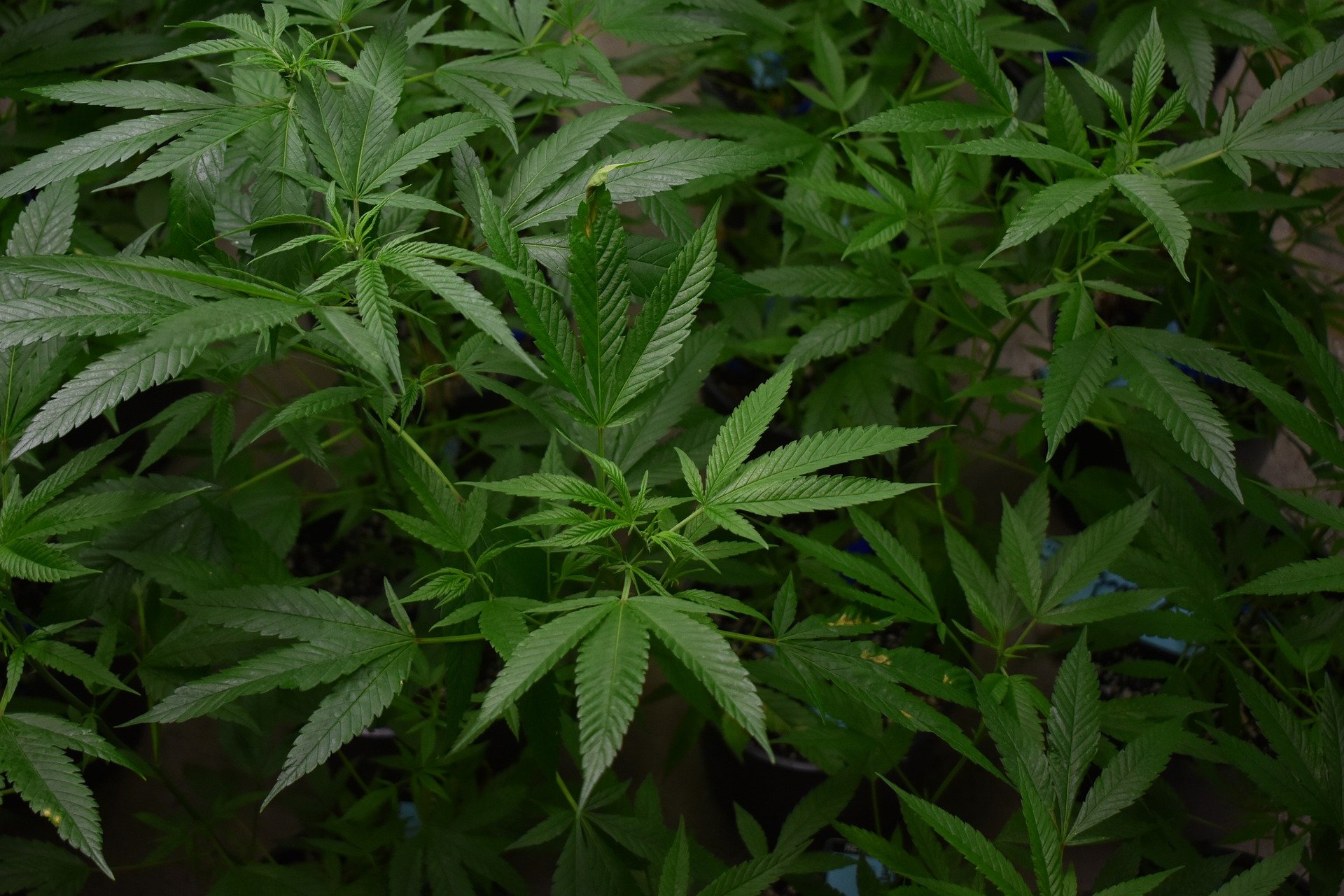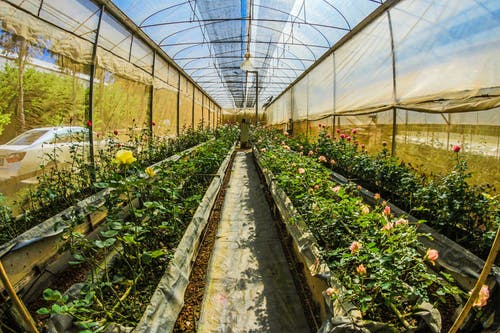As the global discourse on cannabis continues to evolve, Latin America stands at a pivotal crossroads in its approach to medical use. With shifting societal attitudes and growing recognition of cannabis’s therapeutic benefits, many countries are re-evaluating their legal frameworks surrounding this once-taboo plant.
Historically tied to stigma and prohibition, medical cannabis is now gaining acceptance, prompting a range of regulatory landscapes across the region. From Uruguay’s trailblazing policies to the hesitant steps taken by nations like Venezuela, each country offers a distinct perspective shaped by its unique cultural and political context.
This article navigates the intricacies of medical cannabis regulations throughout Latin America, illuminating current legal statuses by country, key drivers of demand, legislative trends, and the challenges faced in implementation. Join us as we explore the future of medical cannabis in this diverse and rapidly changing landscape.
Overview of Medical Cannabis in Latin America
Medical cannabis is gaining momentum in many Latin American countries. Nations such as Argentina, Brazil, Chile, Colombia, Mexico, Paraguay, Peru, and Uruguay permit its use. Recently, Ecuador updated its laws for therapeutic cannabis use. The Latin American medical cannabis market is growing fast. It is expected to rise from $168 million in 2020 to around $824 million by the end of 2024. This growth is due to favorable laws and economic benefits.
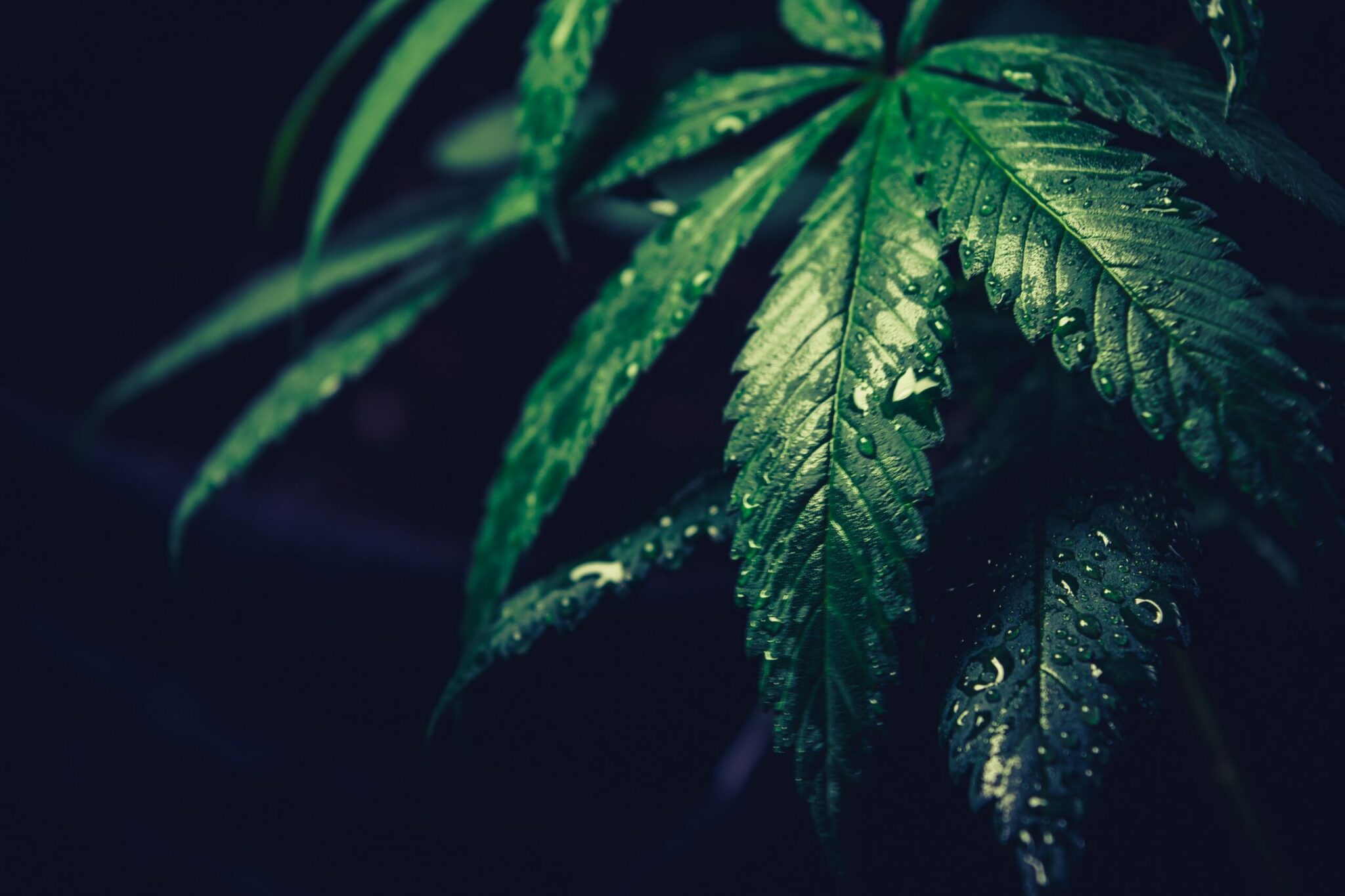
Over a dozen countries in this region have regulations for medicinal cannabis. Many are moving towards a commercial approach. This shift is creating a multi-million dollar market. Historically, cannabis prohibition failed in meeting its goals. It led to social issues and human rights concerns.
Influencers and activists are changing the cannabis story. They use media platforms to educate and create inclusive communities. Below is a list of some countries with cannabis regulations:
- Argentina
- Brazil
- Chile
- Colombia
- Ecuador
- Mexico
- Paraguay
- Peru
- Uruguay
With these changes, Latin America is playing a major role in reshaping the global cannabis narrative.
Current Legal Status by Country
Uruguay: A Leader in Legalization
Uruguay stands out as a pioneer in cannabis legalization. In December 2013, it became the first country to fully legalize recreational cannabis. By July 2017, government-run pharmacies started selling it. Uruguayan citizens and permanent residents aged 18 and older can buy up to 10 grams per week, grow six plants at home, or join one of the 373 cannabis clubs. Tourists, however, cannot purchase cannabis. As of 2023, Uruguay issued 13 licenses for the cultivation of psychoactive cannabis for medical purposes. The country aims to reach $1 billion in annual exports of medical cannabis products within the next five years.
Mexico: Changes in Medical Use Legislation
Mexico legalized medical cannabis in June 2017 under the Ministry of Health’s regulation. In February 2021, new regulations allowed companies to apply for research licenses in the medical cannabis market. The Mexican medical cannabis market was valued at $4.8 million in 2022, with projections reaching $117.7 million by 2030. On March 11, 2021, a bill was approved that lets adults over 18 possess up to 28 grams and grow six plants with a permit. The bill also prioritizes indigenous groups and small farmers for large cultivation, promoting social equity.
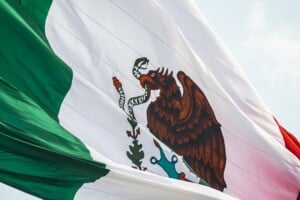
Brazil: Emerging Medical Cannabis Market
Since 2014, about 20,000 patients in Brazil have received permits from ANVISA to import medical cannabis. By 2023, Brazil’s medicinal cannabis market generated approximately R$ 700 million (around USD 140 million), showing a 92% increase from the previous year. ANVISA approved 26 medicinal cannabis products, available only by prescription in authorized pharmacies. The market is expected to reach $280 million by 2025. Recent regulatory changes led to a 200% increase in judicial authorizations for cannabis cultivation permits from January to July 2020 compared to the previous year.
Argentina: Regulated Medical Cannabis Access
In March 2019, Argentina announced guidelines for importing seeds and started cannabis cultivation in the Jujuy Province, expanding from 35 to 500 hectares by July 2020. Decree 883/2020 allows patients with prescriptions to join REPROCANN for personal cultivation. In May 2022, Argentina adopted a framework for the medical cannabis and hemp industry, overseen by ARICCAME. Sales in 2022 were about $7.7 million, projected to reach $37 million by 2026. The goal is to generate $500 million from local sales by 2025.
Chile: Established Medical Framework
In 2015, President Michelle Bachelet removed cannabis from the hard drug list, permitting its pharmacy sale. In 2022, medical cannabis sales reached around $3.5 million. The forecast for 2026 is $17 million. Vale Verdosa, a key advocate, focuses on informed use, especially among pregnant and nursing women. Chile’s cannabis laws remain complex, with advocates like Verdosa pushing for change against strict enforcement on medicine and personal cultivation.
Colombia: Developing Legal Structures
Colombia began issuing cannabis licenses in 2017, covering derivatives, seed sowing, and cannabis cultivation. By 2020, 968 hemp cultivation licenses and 642 for psychoactive cannabis were granted, alongside 116 for medicine manufacturing. In 2021, the Ministry of Health proposed easing access to cannabis and exporting dried flower. Medical cannabis sales reached $6.8 million in 2022, with market value projected at $33 million by 2026, highlighting growth potential.
Peru: Recent Regulatory Advances
On February 23, 2019, Peru enacted Law No. 30681 to regulate medical cannabis use. This law encourages research and sets a strict framework for medicinal products. DIGEMID is responsible for issuing production and import licenses and overseeing facilities. DIGEMID grants three types of production licenses for medicinal cannabis cultivation. These regulations create a structured legal environment for Peru’s emerging medical cannabis industry.
Venezuela: Strict Prohibition
Venezuela maintains a strict prohibition against cannabis for both medical and recreational purposes. Unlike its Latin American neighbors, it lacks legal frameworks for cannabis use. This stark contrast highlights Venezuela’s regulatory lag compared to countries like Uruguay and Argentina. There is no evidence of medical cannabis legislation or initiatives, indicating a restrictive stance on cannabis.
Ecuador: Legal Restrictions and Challenges
Ecuador’s Criminal Code now allows cannabis use for therapeutic purposes, with a THC cap of 1.0%. Despite changes, local production challenges persist. By May 2023, the Ministry of Agriculture reported nine permits for cannabis-related activities, including eight for hemp and one for medical cannabis. Ecuador’s legal cannabis market is nascent, with strides in hemp but hurdles in medicinal product production.
Uruguay: A Leader in Legalization
Uruguay became the first country to fully legalize recreational cannabis in December 2013. Sales started in July 2017 through government-run pharmacies.
Options for Access
- Purchase: Citizens and permanent residents aged 18+ can buy up to 10 grams per week.
- Home Growing: Up to six plants can be grown at home.
- Cannabis Clubs: Join one of 373 clubs for access.
Sales are restricted to Uruguayan citizens and permanent residents, excluding tourists.
Medical Cannabis
As of 2023, Uruguay has issued 13 licenses for cultivating psychoactive cannabis for medicinal use. Additional licenses are for research and industrialization.
Economic Potential
Uruguay could become the first country to achieve $1 billion in annual medical cannabis exports within five years.
Uruguay’s approach balances access and regulation, making it a model for other nations.
Key Drivers of Medical Cannabis Demand
The Latin America medical cannabis market is growing fast, with a projected compound annual growth rate (CAGR) of 19.6% from 2022 to 2030. This increase shows a rising demand across the region. In Argentina, the government has made efforts to improve access. Decree 883/2020 allows patients to register for personal cannabis cultivation if they have a medical prescription. Furthermore, Argentina’s Regulatory Framework for the Development of the Medical Cannabis and Industrial Hemp Industry aims to boost the sector. The Argentine market foresees $37 million in medical cannabis sales by 2026, with expectations to generate $500 million locally by 2025.
Similarly, Barbados legalized medical cannabis through the Barbados Medical Cannabis Industry Act in 2019. Licensing approvals in 2022 and 2023 highlight the growing acceptance and demand in the region.
Consumer Trends and Preferences
Consumer interest in medical cannabis is rising in Latin America. In Brazil, sales hit $37.1 million in 2022, showing growing demand for these products. The Brazilian market is predicted to reach $280 million by 2025. Chile’s market is also expected to increase to about $17 million by 2026, indicating a similar trend. Cannabidiol (CBD) holds the dominant position in the medical cannabis market, with many consumers preferring CBD products due to their therapeutic benefits. Pain management remains the top application, as consumers seek relief from chronic conditions.
Healthcare Applications and Benefits
Cannabis decriminalization in Jamaica in 2015 allowed its use for health and religious reasons, showing a shift towards medical use. In June 2017, Mexico approved cannabis products with less than 1% THC for medical purposes, illustrating a changing view on medicinal cannabis. Colombia has issued numerous licenses—968 for hemp and 642 for psychoactive cannabis—highlighting the sector’s growth. By 2022, Colombia’s medical cannabis sales reached about $6.8 million, emphasizing its economic potential.

Costa Rica also enacted a law in March 2022 to regulate medicinal cannabis. This law focuses on government control to ensure products are safe and effective for healthcare applications. As more countries adopt similar policies, access and benefits expand, supporting public health and improving quality of life across the region.
Legislative Trends and Developments
Uruguay led the charge in Latin America by legalizing cannabis in 2013. This set the stage for recognizing both medical and recreational uses. As of 2023, nine Latin American countries have passed laws for medical cannabis use. However, only Uruguay and Mexico have legalized it for recreational purposes. Ecuador’s reforms now allow cannabis access for therapeutic, palliative, or medicinal needs. Jamaica’s 2015 move to decriminalize cannabis permits personal cultivation of up to five plants. The legal cannabis market in Latin America is on a path from $168 million in 2020 to a forecasted $824 million by 2024. This growth is driven by favorable laws and increasing acceptance.
Evolving Regulatory Frameworks
Several Latin American nations, including Argentina, Brazil, and Uruguay, are crafting flexible cannabis regulations. Argentina showed its progressive stance in 2017 with the legalization of medicinal cannabis. It also created the national cannabis program, REPROCANN, allowing personal cultivation with a prescription. In 2019, Jujuy Province in Argentina began plans to import seeds and expand crop areas. This responds to the rising demand. Ecuador’s criminal code reform mirrors a regional trend toward leniency in cannabis rules. Such steps pave the way for a flourishing medical cannabis market, especially CBD products, as countries develop commercial cannabis industries.
International Influences on Regional Legislation
Uruguay’s 2013 decision to legalize cannabis set an influential regional precedent. The United States also impacts legislation, with eleven states allowing non-medical cannabis use despite federal bans. Canada, the first G-7 country to regulate non-medical cannabis in 2018, also sets an example for Latin American countries considering similar moves. Mexico aims to align its cannabis reforms with Uruguay’s and Canada’s models. Countries like Argentina, Brazil, and Colombia have permitted medical cannabis, showcasing an emerging trend influenced by these international practices.
Challenges in Implementation and Compliance
The cannabis industry in Latin America faces several hurdles that slow its growth. Bureaucratic processes and regulatory delays make it hard to form a cohesive regional market. A major issue is the lack of proper institutional training. This leads to regulations being poorly applied. Consequently, this gives a boost to the black market and the uncontrolled supply of cannabis products.
Another challenge is the lack of oversight. This results in safety risks as products often reach consumers without proper health checks. This erodes trust in the legal market. There’s also a gap in medical knowledge about therapeutic cannabis. Many academic institutions offer little education on this topic. This complicates patient access to safe and effective treatments.
Regulatory frameworks need to be mindful of historical inequalities linked to prohibition. These laws should aim to improve healthcare access, especially for vulnerable groups.
Regulatory Complexity and Variability
As of 2023, at least nine countries in Latin America have approved medical cannabis laws. This shows a growing acceptance of cannabis for healthcare. Uruguay set the stage by becoming the first country to legalize cannabis in 2013. This decision has influenced other nations in the region.
The legal environment for recreational cannabis is more complicated. Only Uruguay and Mexico have legalized adult-use cannabis so far. In 2021, the legal cannabis market in Latin America was valued at $18.4 billion. Most of this market consists of medical cannabis.
Countries like Ecuador are showing changes. Recent reforms allow access to cannabis for therapeutic and medicinal purposes. This highlights the evolving legal landscape in the region.
Access Barriers for Patients and Businesses
Even though Chile and Peru have legalized medicinal cannabis, the rollout has been slow. Many restrictions and distribution issues make it hard for patients to get the medicine they need. A lot of products in these markets are imported. This limits local industry growth and patient access.
In Mexico, despite legalizing medical cannabis in 2017, the industry remains young. This creates entry barriers for businesses. Countries like Paraguay and Ecuador allow cannabis derivates for medical purposes. However, their local industries are still developing. This affects patient access to cannabis-based treatments.
The illegal cannabis market thrives due to strict regulations on legal businesses. This makes it tougher for patients to get the medicine they need. These barriers highlight the need for more streamlined access to both patients and businesses.
The Future of Medical Cannabis in Latin America
The legal cannabis market in Latin America is booming. In 2021, it was valued at around 18.4 billion U.S. dollars, with medical cannabis taking most of this market share. By 2023, Uruguay had issued 13 licenses for the cultivation of medicinal cannabis. More countries in the region, at least nine, have approved medical cannabis laws. These changes show a growing acceptance of cannabis for therapeutic use.
U.S. laws have influenced Latin American countries in adopting medical cannabis. With the rise in awareness of its benefits, demand is expected to grow. From 2020 to 2032, experts predict a market growth rate of 19.6%.
Projected Market Growth and Opportunities
Latin America’s cannabis market generated 1.23 billion U.S. dollars in revenue by 2023. The therapeutic use of cannabis is a big part of this, with many legal users contributing to high average revenue per user. Recreational cannabis also has potential, with projected revenues exceeding 264 million U.S. dollars by 2028.

Here’s a look at projected growth in different segments:
- Therapeutic Cannabis: Major driver with high user numbers.
- Recreational Cannabis: Expected growth to 264M USD by 2028.
- Cannabis Extracts: Predicted to reach 289.5M USD by 2030.
Overall, revenue from all these segments is set to rise, providing opportunities for industry stakeholders.
Potential Policy Changes and Their Impact
In Latin America, cannabis has often been criminalized. Such policies result in penalties that can disproportionately harm users and small sellers. However, there are indications of change. Uruguay led the way by setting up a national legal market for cannabis in 2013. This includes both medical and recreational use.
Brazil allowed therapeutic cannabis use in 2015, aiming to expand by 2019. Similarly, Colombia legalized medical cannabis in 2015 and also decriminalized small possession earlier. U.S. policy changes have also played a role. Since 2012, several states, along with the District of Columbia, have regulated non-medical cannabis. This has influenced discussions and trends in Latin American legislation.
In summary, policy shifts in Latin America and beyond could reshape the region’s cannabis landscape. These changes bring hope for further reform and growth in the industry.
The Future of Medical Cannabis in Latin America
The medical cannabis industry in Latin America is expanding but faces significant challenges. Regulatory delays, limited local production, and inconsistent frameworks slow market growth. Despite these barriers, countries like Uruguay and Brazil are setting examples of regulatory clarity and economic potential.
Projected growth in the cannabis sector is encouraging. With a compound annual growth rate (CAGR) of 19.6% expected from 2022 to 2030, the market is poised to reach $824 million by 2024. Key opportunities include improving local cultivation capacity, reducing import dependence, and educating healthcare professionals to support broader adoption.
Successfully navigating the evolving medical cannabis landscape requires robust compliance and operational support. Biz Latin Hub offers legal compliance, tax advisory, and HR management services to help businesses adapt to Latin America’s diverse regulatory environments. Learn more about our compliance solutions or contact us by clicking here.


